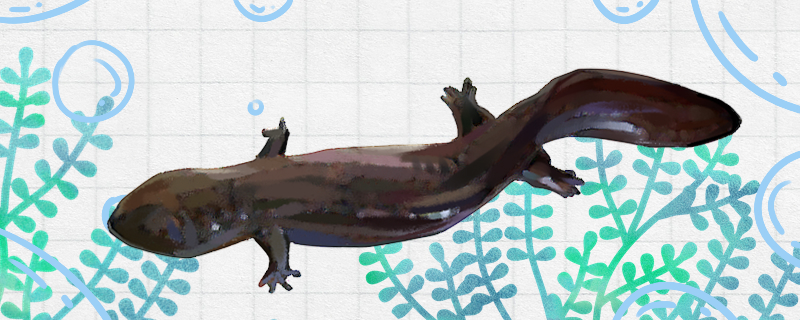
land. The giant salamander is one of the amphibians, belonging to the amphibian class. Their characteristics are in line with the outstanding characteristics of amphibians. The living environment of giant salamander is different at different ages. When giant salamanders are young, they live in the water. Because they breathe with their gills at this time, they can only breathe smoothly in the water, so they can only move in the water, not on land, and they can not survive on land.
As the giant salamanders grow, they will go through the stage of metamorphosis, and then they will develop into adult giant salamanders. At this time, their body structure has changed greatly compared with the young. Moreover, at this time, they do not breathe through their gills, but through their lungs. At this stage, the giant salamander can live on land. At the same time, they can also go into the water, but at this time they no longer breathe with their gills, so they can not stay at the bottom of the water for a long time, and they need to come out of the water every other time to breathe. Generally speaking, they will not be out of water for a long time, because their skin will be dry.
out of water? Giant salamanders have different body structures at different ages and use different respiratory organs. When they breathe with their gills, they naturally can't leave the water, and when they get to land, they can't breathe. When they breathe with their lungs, they can leave the water and breathe on land. However, generally speaking, they will not leave the water for a long time, because their skin needs to be in a moist state to help them breathe better.